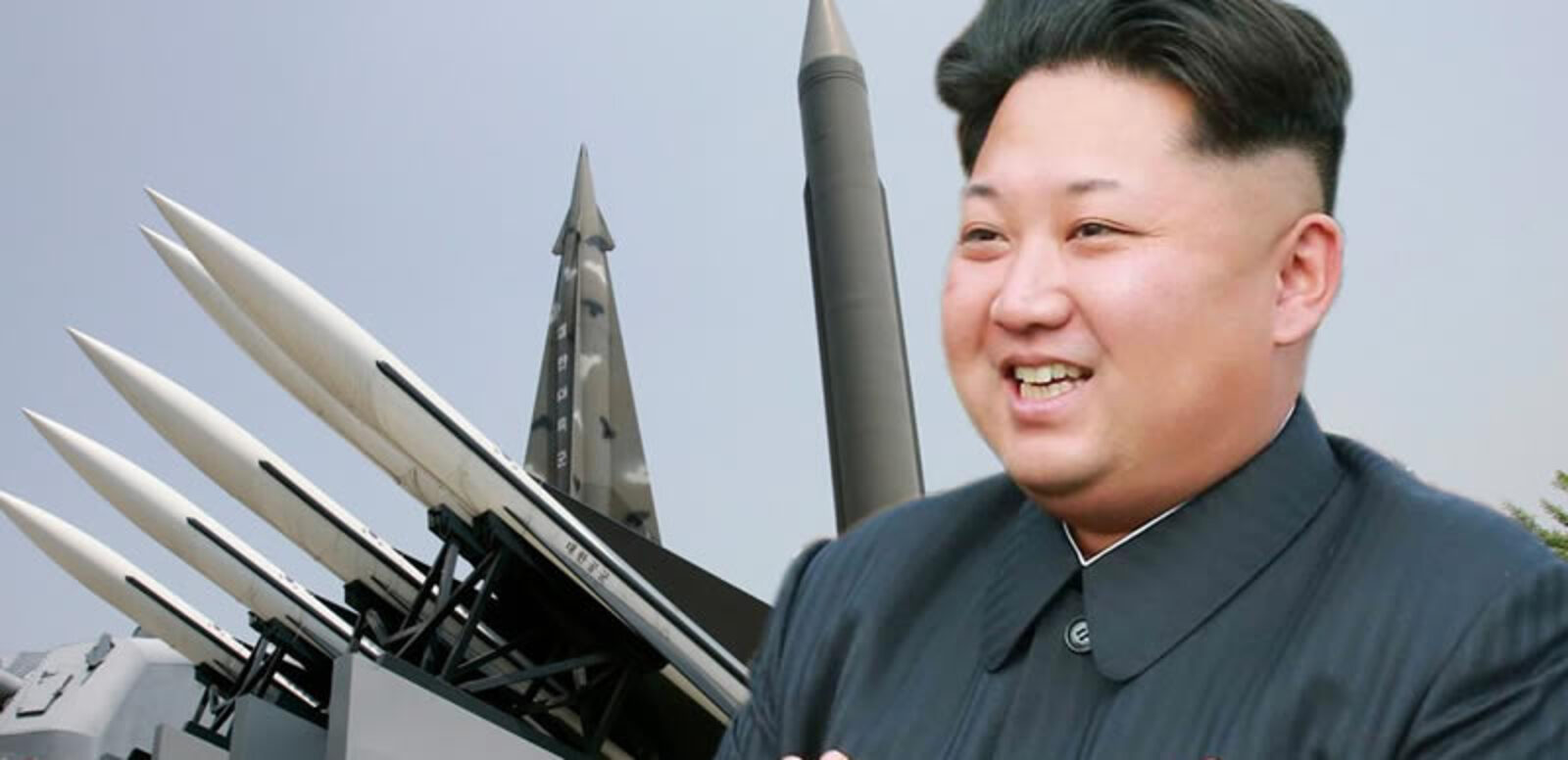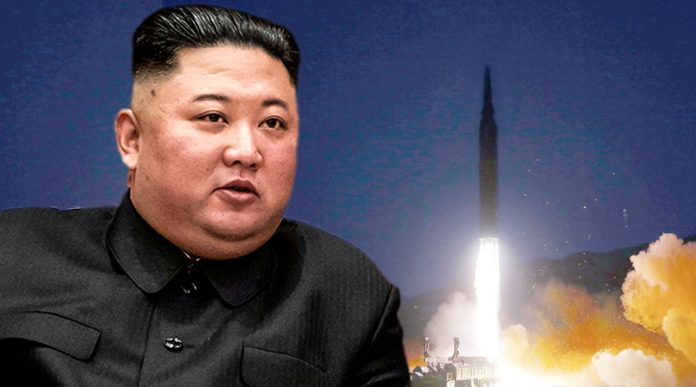In a significant escalation of rhetoric, North Korean leader Kim Jong Un has issued a nuclear threat against South Korea amid heightened tensions on the Korean Peninsula. This latest warning comes as the geopolitical landscape in East Asia continues to shift, with ongoing military exercises by South Korea and the United States, as well as recent missile tests conducted by North Korea. The implications of Kim’s statements could have far-reaching consequences for regional stability and international relations.
The backdrop to Kim Jong Un’s latest threats is a series of joint military drills conducted by South Korea and the United States, which North Korea perceives as provocative actions aimed at undermining its sovereignty. These exercises, which involve extensive air and naval operations, have been a source of contention for Pyongyang. The North Korean government has long condemned these drills, viewing them as rehearsals for an invasion. In response, Kim has threatened to bolster his nuclear capabilities and take necessary measures to defend North Korea against perceived aggression.
During a recent meeting with senior military officials, Kim stated, “We must be fully prepared to respond to the escalating military threats from South Korea and its allies.” He further emphasized the need for North Korea to enhance its nuclear arsenal, asserting that the country’s nuclear capabilities are essential for deterrence. This rhetoric signals a hardening of North Korea’s stance and a willingness to escalate military tensions in the region.
The threat of nuclear action is particularly alarming given North Korea’s history of conducting nuclear tests and its ongoing missile development program. The international community has expressed concern over the potential consequences of Kim’s statements, especially given the volatile nature of the situation on the Korean Peninsula. South Korean officials have condemned Kim’s remarks as reckless and dangerous, urging a return to diplomatic dialogue to de-escalate tensions.

In recent months, there has been a noticeable uptick in North Korean missile tests, with Pyongyang launching several short-range and long-range missiles. These tests have been widely condemned by the international community, leading to renewed calls for sanctions against the North. In response, North Korea has doubled down on its commitment to developing its military capabilities, viewing them as essential to its national security.
The dynamics between North and South Korea have long been characterized by a cycle of provocation and retaliation. Following Kim’s latest threats, South Korean President Yoon Suk-yeol stated that South Korea will strengthen its defense posture in response to North Korea’s nuclear ambitions. This includes enhancing military cooperation with the United States and bolstering its own defense capabilities.
Diplomatic efforts to address the North Korean issue have faced numerous challenges. The last substantive talks between North Korea and the United States stalled in 2019, and subsequent attempts at dialogue have failed to yield significant progress. As Kim Jong Un continues to assert North Korea’s nuclear ambitions, the prospect of renewed negotiations appears increasingly remote.
The rising tensions also pose a threat to regional allies such as Japan. Japanese officials have expressed concerns over North Korea’s missile capabilities, particularly given the potential for Pyongyang to target Japanese territory. In response to these threats, Japan has been increasing its military readiness, including conducting joint military exercises with the United States and South Korea.
Analysts suggest that Kim’s rhetoric serves multiple purposes. Domestically, it bolsters his image as a strong leader capable of defending the nation against external threats. Internationally, it sends a clear signal to South Korea and its allies that North Korea will not back down in the face of perceived aggression. This strategy of brinkmanship could have serious implications for peace and stability in the region.
In light of Kim Jong Un’s escalating threats, the international community faces a pressing need to address the North Korean situation. The United Nations has called for a renewed commitment to dialogue and diplomacy, urging all parties to de-escalate tensions and seek a peaceful resolution. However, with both North Korea and South Korea unwilling to back down from their respective positions, the path forward remains fraught with challenges.
As the situation unfolds, the eyes of the world will remain on the Korean Peninsula, where the specter of nuclear conflict looms large. The stakes are high, and the potential for miscalculation or unintended escalation is ever-present. In this complex geopolitical landscape, the hope for peace and stability hinges on the ability of leaders on all sides to prioritize dialogue and diplomacy over military posturing.
